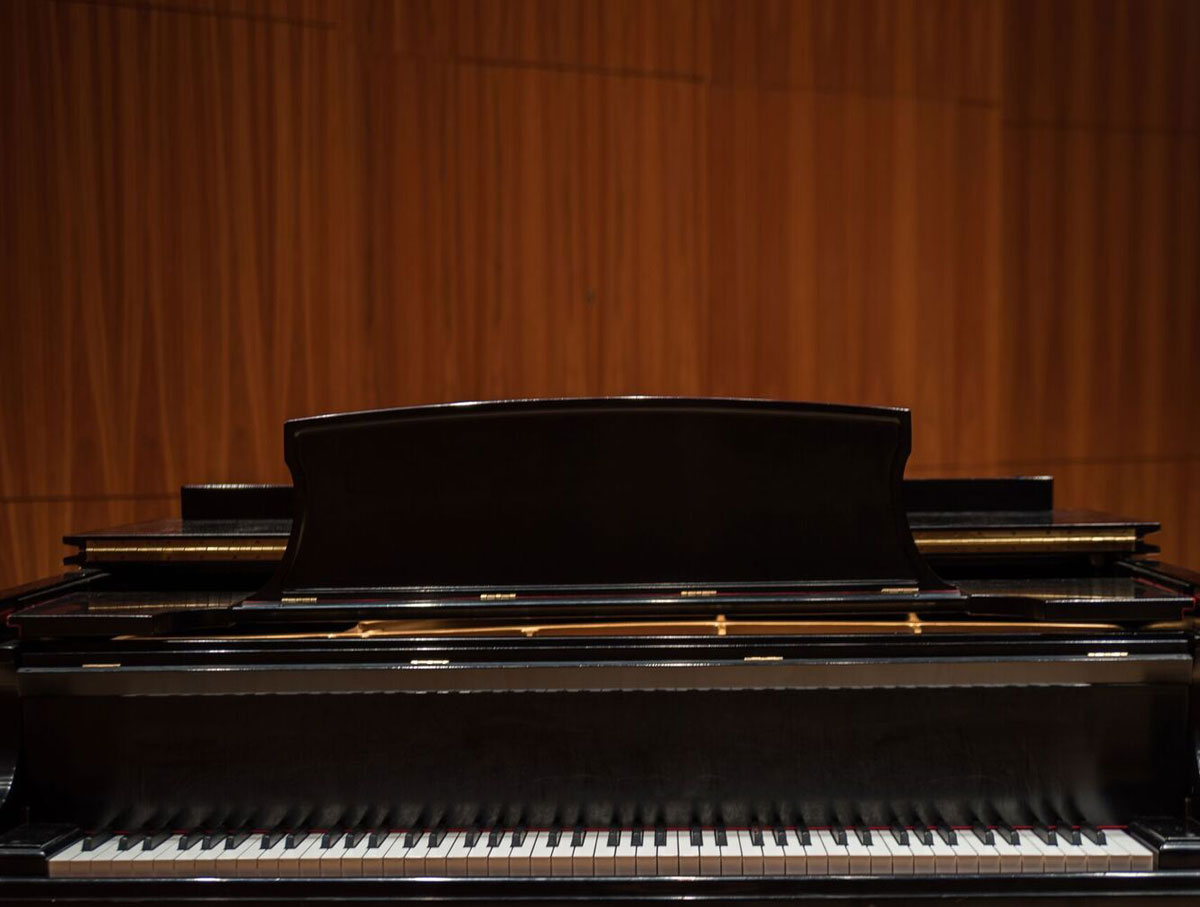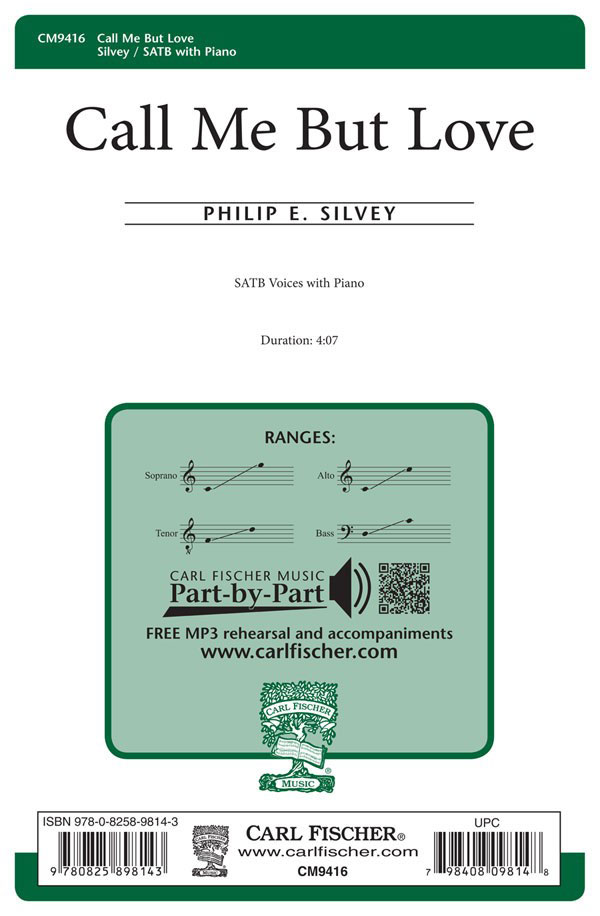


ROMEO:
But, soft what light through yonder window breaks?
It is the east, and Juliet is the sun.
Arise, fair sun, and kill the envious moon,
Who is already sick and pale with grief,
That thou her maid art far more fair than she:
It is my lady, O, it is my love!
O, that she knew she were!
JULIET:
Ay me!
ROMEO:
She speaks:
O, speak again, bright angel!
JULIET:
O Romeo, Romeo!
Wherefore art thou Romeo?
Deny thy father and refuse thy name;
ROMEO:
Shall I hear more, or shall I speak at this?
JULIET:
‘Tis but thy name that is my enemy;
What’s in a name?
that which we call a rose
by any other name would smell as sweet;
So Romeo would, were he not Romeo call’d,
ROMEO:
I take thee at thy word:
Call me but love, and I’ll be new baptized;
Henceforth I never will be Romeo
Shakespeare’s Romeo and Juliet contains few lines more famous than when Juliet proclaims, “What’s in a name? That which we call a rose, By any other name would smell as sweet.” As she questions the relevance of a family name that would prevent their romance, Romeo overhears and declares, “call me but love” to remedy her concerns.
Themes of forbidden love, rebellion, and impatience feature prominently in this play, as they do in the lives of many adolescents. For this musical setting, the text is excerpted from the lengthier balcony scene, which singers are encouraged to examine. For the most part, women sing Juliet’s lines, and men provide the voice of Romeo. As you perform this piece, imagine the scene set against the backdrop of a moonlit sky. Two characters, Romeo who is head-over-heels in love with Juliet who is anxious and unable to sleep. They each recite monologues (the two never address each other directly) that illuminate this “pair of star-cross’d lovers” who wish for a simpler world.
Duration: 4:05

